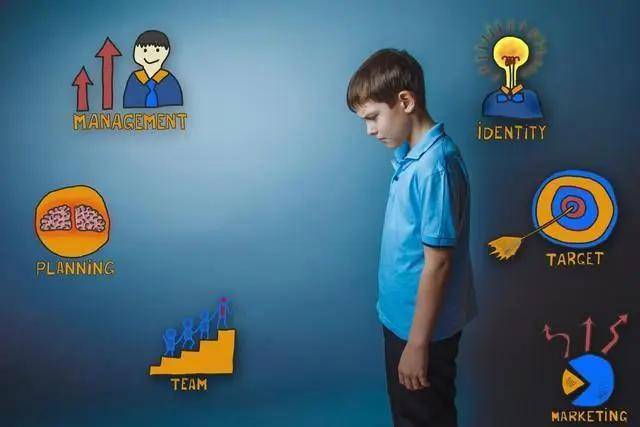“The ‘golden intervention period’ is a very crucial and important concept for the rehabilitation of children with autism.
Traditionally, it has been widely believed that the golden period for the rehabilitation of children with autism is before the age of 6. However, in recent years, with the advancement of scientific research, particularly the views presented in the latest version of the “Autism Guidelines” published by the American Academy of Pediatrics (AAP), we have gained a more precise and scientific understanding.
The AAP clearly states in the latest “Autism Guidelines” that the golden intervention period for children with autism is not limited to before age 6, but rather focuses on even earlier, around ages 3 or even 4. This perspective is based on the latest findings in neuroscience, emphasizing the plasticity of brain development and the importance of early intervention.
Neuroplasticity refers to the process by which the brain changes its capabilities over time by forming new neural connections. Especially during early childhood, the number of synaptic connections between neurons far exceeds that of adults, providing enormous potential for learning and development.
The AAP guidelines indicate that early intervention can fully utilize the neuroplasticity of this period, leading to significant improvements in language, social skills, and cognitive abilities for children with autism.
The AAP emphasizes that early identification and intervention are crucial for children with autism. Before the age of 3 or even 4, children’s language development is particularly rapid; this is a key period for establishing effective communication and social skills. Missing this golden period could result in irreversible impacts on children’s language expression abilities and social interaction skills.
In the “Autism Guidelines,” the AAP proposes the following specific recommendations:
01 Timely diagnosis: Encourage parents and pediatricians to conduct regular autism screenings early in childhood to identify potential problems as soon as possible.
02 Early intervention: Once a diagnosis is confirmed, an early intervention plan should be initiated immediately, including evidence-based intervention methods such as applied behavior analysis and structured teaching.
03 Home-school collaboration: Emphasize the importance of families in the intervention process, encouraging parents to participate actively and collaborate with professional organizations to jointly promote the child’s rehabilitation.
04 Personalized intervention: Develop personalized intervention plans tailored to each child’s specific abilities and characteristics, ensuring the effectiveness and relevance of the intervention measures.
In home training, parents can provide professional guidance and support to children, giving them the opportunity to overcome their barriers and enhance skills in language, cognition, and social interaction, bringing them closer to the right path and achieving early rehabilitation.


